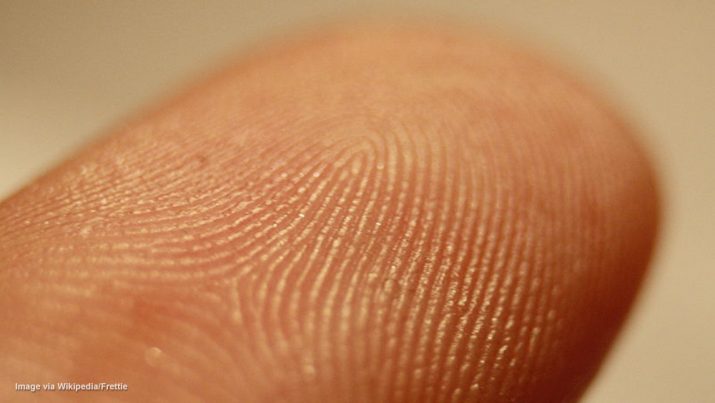
“No refusal” traffic stops soon to encompass more than just alcohol testing: New technology can test fingerprints for cocaine use
Monday, October 09, 2017 by Isabelle Z.
http://www.privacywatch.news/2017-10-09-no-refusal-traffic-stops-soon-to-encompass-more-than-just-alcohol-testing-new-technology-can-test-fingerprints-for-cocaine-use.html

Testing a driver who is suspected of using cocaine can be a drawn-out process that typically requires a fair degree of waiting for results. Now, however, a fingerprint test has been developed that will detect the drug’s presence in a person’s system in mere seconds. In addition, its use of fingerprints reduces the chances of a lab mix-up.
People who have used cocaine will excrete the drug as well as its metabolites through their fingerprints when they sweat. According to a study published in Clinical Chemistry, a chemical can be applied to fingerprints that does not affect the drug’s molecular traces. Researchers from the University of Surrey used this concept as the basis for tests at a drug rehabilitation facility. After instructing the subjects to wash their hands, they collected fingerprints and saliva samples from patients who were known to use cocaine.
When the fingerprints developed, the paper was treated with a solvent and placed in a high-resolution mass spectrometer. Inside the device, the mass of the molecules within the fingerprint was measured. Because cocaine has a unique molecular mass, this type of test can determine the presence of cocaine.
In tests that were carried out by the team of researchers, the technique was found to be 99 percent effective, and it took just a few minutes to get results. Conventional lab drug tests can take anywhere from several hours to a few days to return the results. It’s also far less invasive than getting samples of urine, hair or blood. Another advantage is that there is no need to deal with the biological hazards and the logistics of storage and disposal that come with collecting bodily fluids.
Dr. Catia Costa, one of the study’s leaders, said: “Paper spray mass spectrometry is gaining increasing popularity in forensic circles because it is incredibly sensitive and is very easy to set up a testing system — the units will save laboratories time.”
Test could be expanded to check for other drugs
Similar paper spray mass spectrometry tests could eventually be developed to check for other drugs like heroin and prescription opioids, and the University of Surrey researchers believe that fingerprint drug screening might become a new drug testing standard for employers, prisons and courts in the next few years. They also believe they can whittle the entire process down to just 30 seconds.
Coming soon to a traffic stop near you?
It’s likely only a matter of time before this type of test is used in “no refusal” traffic stops. These stops are becoming increasingly popular throughout the nation for alcohol. A remote warrant could be signed and sent to officers on their smartphones, for example, and the test could easily be administered.
A cut-off has not yet been established to determine how much cocaine needs to be present in someone’s system in order for the test to detect it, but it did confirm cocaine’s presence equally well to saliva testing.
It could also prove useful in emergency situations like overdoses by allowing doctors or paramedics to quickly determine which substances a person might have taken so the correct approach can be used to help them.
Sources include:
Tagged Under: Tags: cocaine, cocaine testing, cocaine use, DUI, fingerprint drug tests, fingerprints, Fourth Amendment, illegal search, Overdoses, paper spray mass spectrometry, traffick stops





